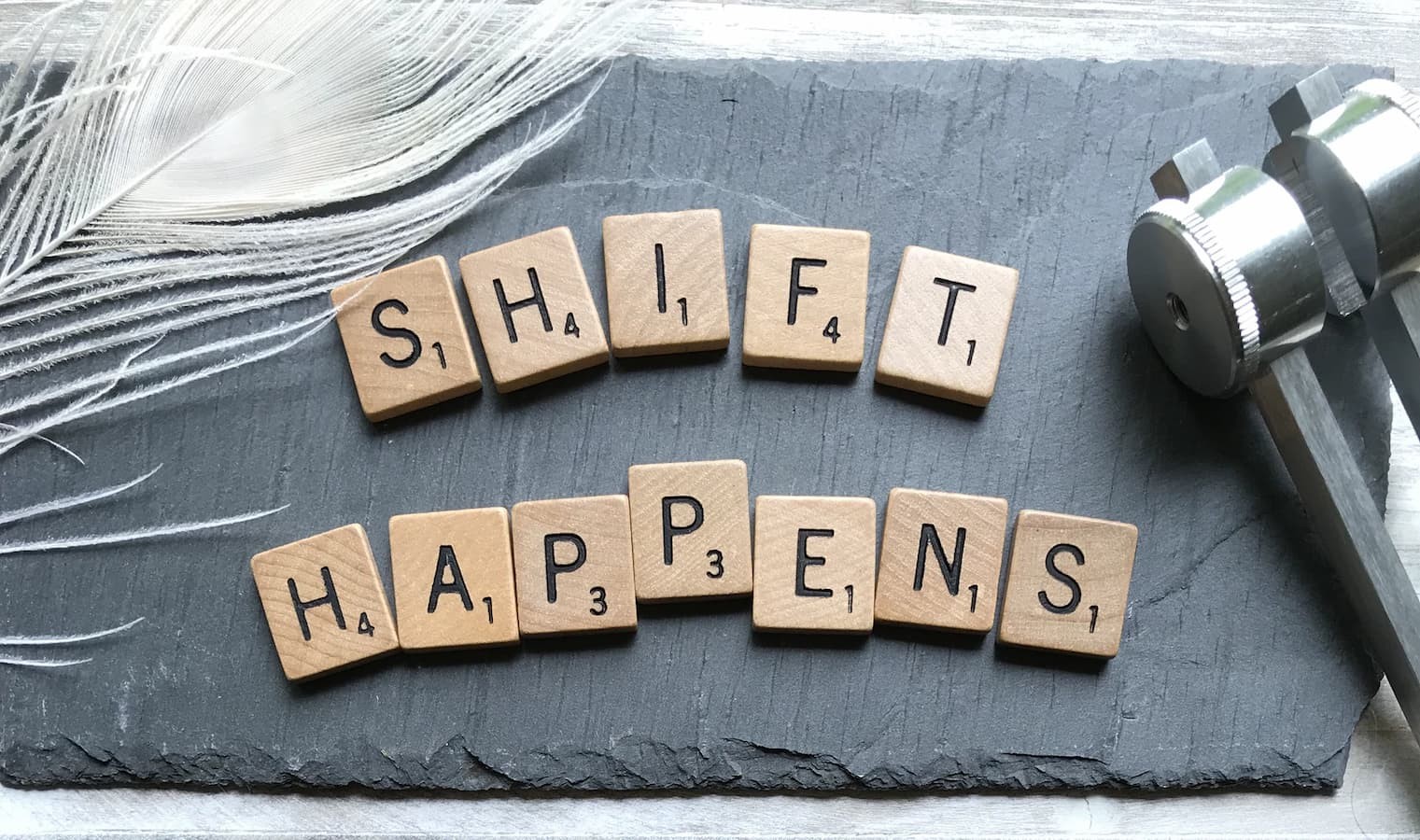
Carl Rogers, an American psychologist, and one of the founders of Humanistic Psychology, once quoted in 1959, "We want to feel, experience and behave in ways which are consistent with our self-image and which reflect what we would like to be like, our ideal self". A person's self-worth or self-esteem comprises what we think about ourselves and our belief system. The same with self-image. We may perceive ourselves as good, bad, beautiful, or ugly. Self-image affects a person's pattern of thoughts, emotional reactions and physiological responses to other people, objects and situations.
Our ideal self is forever changing with different goals and ambitions. Congruence refers to the balance between the inner experience and outward expression. By being congruent, these two states match, and therefore the person is authentic. According to author and psychology teacher Saul McLeod, "Self-actualization occurs when a person's 'ideal self' (who they would like to be) is congruent with their actual behaviour (self-image)." That's when you're able to reach your full potential.
How Emotional Experiences Mould Beliefs
In a perfect world, we would all love to be in a non-threatening and non-judgemental atmosphere. Unfortunately, that isn't the case for many people. The choices we make are often influenced by other people. Dr Joe Dispenza, (A world renowned teacher, researcher, and writer), once stated, "All beliefs are a subconscious state of being, but most people are viewing their life through the lens of the past, unconsciously." This, I think, concludes that there is repetition (repeated fears, negative emotions) ingrained in the emotion wheel of your subconscious. A person's physical body, sensations, psychological, emotional, spiritual, relational, cultural, and environmental experiences, which have been built over the years, have contributed to the creation of a belief system.
You're probably asking, 'How does this change the course of my life?'
Well, beliefs are usually formed when we are children. Our parents and environment play a big part in moulding our beliefs. Also, what other people have to say may affect our choices and which roads we take. Like what my friend and mentor, Joanne Antoun previously said to me, "Remember, nothing has any meaning than the meaning that you give it." and "What you believe to be true usually comes true."
How Beliefs Affect Emotional Responses & Negative Behaviour
Perception is the way in which something is understood or interpreted. A lot of the times there can be great big misunderstandings! Our subconscious part of the brain deals with images and feelings. It doesn't deal with communication like the conscious part of our brain does. This explains why some people, especially those who have gone through a traumatic experience, suffer from substance use disorders, depression, anxiety disorder or various mental health issues.
Images of negative feelings from their past are entrenched in their subconscious, which affect their brain's medial prefrontal cortex, the region responsible for processing their personal awareness and decision making. So, every time they come across negative stimuli similar to their past emotional experiences, strong emotions emerge and validate their belief system.
Promoting Healthy Emotional Responses & Positive Behaviour
Clear communication is so important. Choosing our emotional expression about a certain belief creates an attitude. In today's world, we have the social media forum of Google, Instagram, Facebook, LinkedIn, Twitter, Zoom, WhatsApp, FaceTime, Message and more. Everything is put out there for everyone to see, listen and read about. It has often been said; "It's not what you say, but how you say it." Expressing is often a lot healthier than repressing your emotions or beliefs. But we need to do this with caution.
Whether you state something in person or on social media, what we communicate and how we choose to do so, may affect our relationships, job, or family life. There's a difference between anger and fury, being nervous or just shy. These basic emotions or facial expressions are seen through your body language. It's true when they say that a picture is worth a thousand words. We receive more from visual information and tone of voice than words themselves. This is partly because we process information more quickly than we speak.
You might ask, 'How does this have any reference to me or my future?' Let's face it, in everyday life, your presence is what makes you memorable. It draws people in wanting to know you. In communicating with other people, this can possibly challenge your social and cultural relationships and offer new ways of thinking. This could possibly direct you onto a different path in your life, depending on how you choose to react, as well as the types of emotions you would use, in certain situations.
If your choice is to live in the present moment and be guided by a positive psychology, then that's fantastic! But if you are currently dealing with a stressful situation that involves emotional, environmental, and physiological factors, this will take you down a completely different road. We all know that stress is not what happens to you, but how you react to external stimuli. When we're unable to cope with certain situations, or perhaps move forward from traumatic stress reactions, it may result in lots of distress, which can lead to a slew of physical, emotional and mental health problems such as heart diseases, anxiety disorder, depression, phobias and many others.
Naturally, there are a lot of health professionals around the world that are available to help. Ultimately, it's up to the individual to be open and ready to receive such guidance.
How Your Choices Enhance Emotional Awareness & Positive Emotions
Sometimes, it's not only our upbringing, environment, attitude, or belief system that changes the course of our lives. Covid-19, a virus, has shaken us all to do the unthinkable… to do what's uncomfortable… to change and to grow. It has forced us to develop a challenging behaviour despite our resistance. This has happened because God, mother earth, spirit, Buddha, or whatever religious background you believe in, has tested humanity to deal with the unknown.
This is a sad time for a lot of people, but it is also a period of surrendering to control. The universe has made us do certain things that we would have been too uncomfortable or too busy to pursue so that we can weigh the impact of our emotions and learn to improve them for our sake and that of others.
We're now spending more valuable time with family and working on solid projects within the home. Most of all, lockdown has given us the time to think and re-evaluate our position in life, whether it has to do with our jobs, finances, health, or relationships. I call this 'Pressure of Transformation'. You can view pressure as being negative or you can see it as being a positive influence. Now is the time to be brave in your choices. Start networking with new people…
Walk into unfamiliar territory- We have the technology for it!
We must walk into the dark in order to see the light.
Would you like to learn more about the effects of emotion and be the source of emotional contagion in your family, workplace and community? The impact of emotions, as well as your facial expressions, whether or not they are visible to others, not only affects your emotional health but also plays a pivotal role in your success in life. So make a wise emotional decision today.










